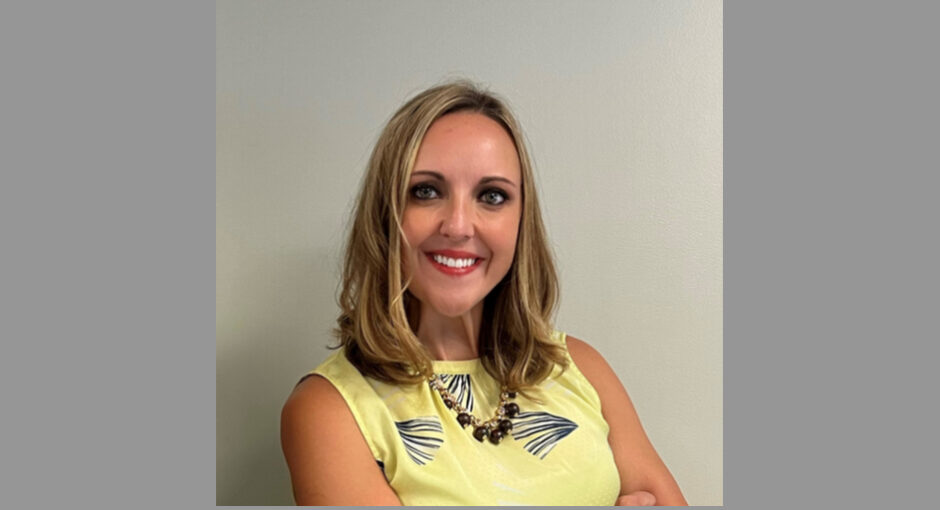Ryan White Clinics for 340B Access (RWC-340B), a national organization of 340B HIV/AIDS medical providers, has published a detailed rebuttal of several recently published articles criticizing the 340B program. RWC-340B accuses article authors—many of whom are supported by the drug industry, the organization says—of attempting to undermine the 340B program by spreading false information.
“RWC-340B will not stand idle while the pharmaceutical industry attacks safety net providers in the 340B program,” said Shannon Stephenson, president of RWC-340B and CEO of Cempa Community Cares, a Ryan White clinic in Chattanooga, TN, in a news alert. “[W]e are calling them on their disinformation and educating the public and policymakers to be aware of drug manufacturers’ true goal – to cripple the 340B program in an effort to increase their profits at the expense of patients and communities,” Stephenson said.
The articles, which are largely published by right-leaning, free market-focused think tanks and news outlets or by PhRMA itself, attack the 340B program from various angles which RWC-340B explores separately in its analysis. The “unfounded attacks,” assert that doctors at safety net clinics prescribe branded PrEP medication over generic in order to generate greater profits, distort the “intent and value” of 340B by various means, or falsely claim that the program harms communities of color, according to RWC-340B.
One example of such an article highlighted in the analysis was published in June by the prestigious New England Journal of Medicine, and accuses doctors at 340B-covered entities of prescribing branded PrEP drugs in place of generics in order to procure greater profits. RWC-340B fires back, calling this accusation “as insulting as it is fallacious”, and notes that “prescribing the right PrEP medication is a clinical matter left to the physician and patient to decide, taking into consideration the patient’s needs and unique medical risk factors. Contrary to critics’ assertions, PrEP drugs are not interchangeable and have differing short and long-term effects.”
Gilead, which manufactures both the generic and branded versions of PrEP—Truvada and Descovy, respectively—has faced accusations of purposely delaying market entry of Descovy, which has a better safety profile and less side effects than Truvada, until the latter’s market exclusivity expired and generic entry could no longer be avoided. Descovy has performed significantly better than the now-generic Truvada in terms of bone and kidney toxicity, but Gilead’s patent rights protect Descovy from generic competition until 2031.
The RWC-340B analysis also rebuts a group of articles which it says misconstrue the purpose of the 340B program by asserting that 340B is solely intended as a patient discount program, and thus the program in its current form has strayed from its original intent. RWC-340B argues that by directing manufacturers to give drug discounts to “a group of carefully defined safety net providers,” at the program’s inception, Congress made clear its belief that “the best way to support underserved and medically vulnerable patients was to provide more resources to the clinics and hospitals that care for them.”
“Most covered entities do, in fact, provide medications to needy patients at little or no cost, often below the covered entity‘s 340B acquisition cost. But using the program for the sole purpose of lowering patient drug costs would do a grave injustice to patients. The high cost of drugs is just one of a myriad of obstacles that vulnerable patients face in accessing clinically appropriate health care in the U.S.,” RWC-340B’s report says.
RWC-340B also calls out some articles for cherry-picking “narrow and statistically insignificant data” and using it to support broad criticisms of the 340B program, while ignoring large datasets from community health centers and Ryan White clinics showing a range of positive patient outcomes that demonstrate the program is working.
Finally, in what RWC-340B calls “the most egregious misinformation currently being propagated by industry-supported critics,” one article in particular—published in the Los Angeles Sentinel, the west coast’s largest Black newspaper— asserts that the 340B program harms communities of color. In fact, the opposite is true, RWC-340B contends, as the vast majority of Ryan White and community health center patients are people of color, and this population would suffer disproportionately if the 340B program was scaled back and services had to be cut.
The Sentinel article was authored by Reverend K.W. Tulloss, a prominent Black Baptist minister in L.A. The analysis observes his language to be “suspiciously similar…to drug industry rhetoric.” (Since PhRMA is not required to disclose donations it makes to “patient influencers” as it must do when donating to physicians or politicians, it is not known if this was a motivating factor behind Tulloss’s opinion piece. He did not disclose any conflict of interest.)
RWC-340B also released a resource file that details alleged financial ties between authors of recent articles critical of the 340B program and the pharmaceutical industry.


